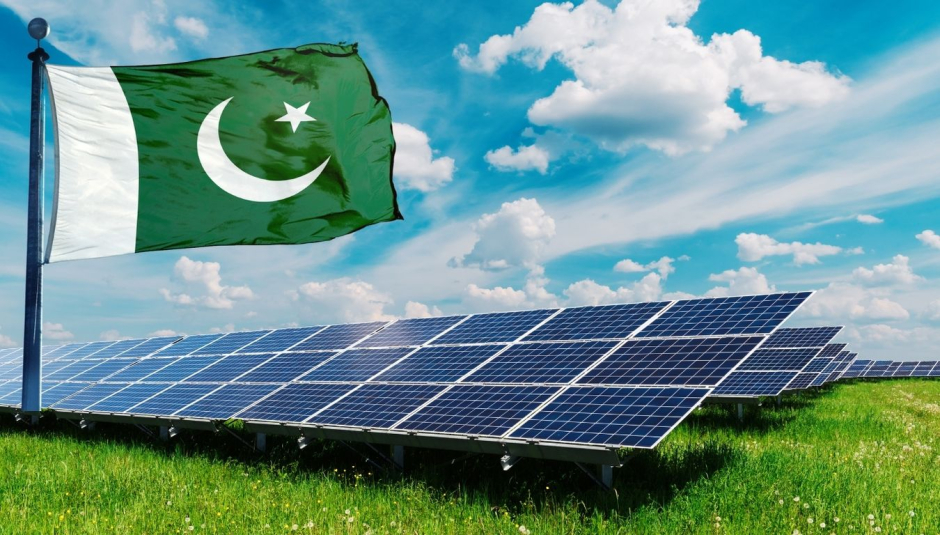Pakistan has established itself as the world’s sixth-largest solar market, driven by a growing reliance on renewable energy, particularly solar power.
A recent report by the World Economic Forum (WEF) emphasized this growth, which suggests that the country could be at the forefront of solar energy adoption throughout the global shift to sustainable power.
The ideal geographical circumstances in Pakistan, which offer over nine hours of daily sunshine in most locations, are reportedly responsible for the fast spread of solar energy in the country. According to the World Bank, the country has a tremendous amount of unused solar power potential; in fact, they believe that the country’s total electricity need could be met by assigning only 0.071% of its land to solar photovoltaic (PV) systems.
How China’s Solar Overproduction Is Boosting Pakistan’s Energy Goals?
Still, renewable energy sources like solar, wind, and biomass only account for 5.4% of Pakistan’s energy consumption at the moment, despite these encouraging numbers. The National Electric Power Regulatory Authority (NEPRA) reports that hydropower accounts for 25% of the country’s power output, while fossil fuels account for 63%.
According to the World Economic Forum research, good external conditions are one of several reasons behind Pakistan’s impressive increase in solar energy. A major factor is the precipitous decline in the price of solar equipment caused by China’s overproduction of solar panels. Due to the substantial reliance on inexpensive imports for Pakistan’s solar infrastructure, the country has risen to the position of third-largest recipient of solar exports from China.
How Solar Energy Is Reshaping Pakistan’s Power Sector?
Solar power has become increasingly popular due to a number of factors, including domestic issues and international economic trends. Problems with regulation, power outages, and unreliable state-owned energy suppliers have dogged Pakistan’s energy sector for a long time. Because of these problems, the country’s energy crisis has worsened, and the government and businesses are looking for new ways to deal with the problem.
In addition to alleviating environmental issues and decreasing reliance on foreign fuels, switching to solar power is considered a solution for Pakistan’s energy problems. Solar power is quickly becoming an important part of the country’s energy mix, and experts think other developing countries may learn a lot from this.












